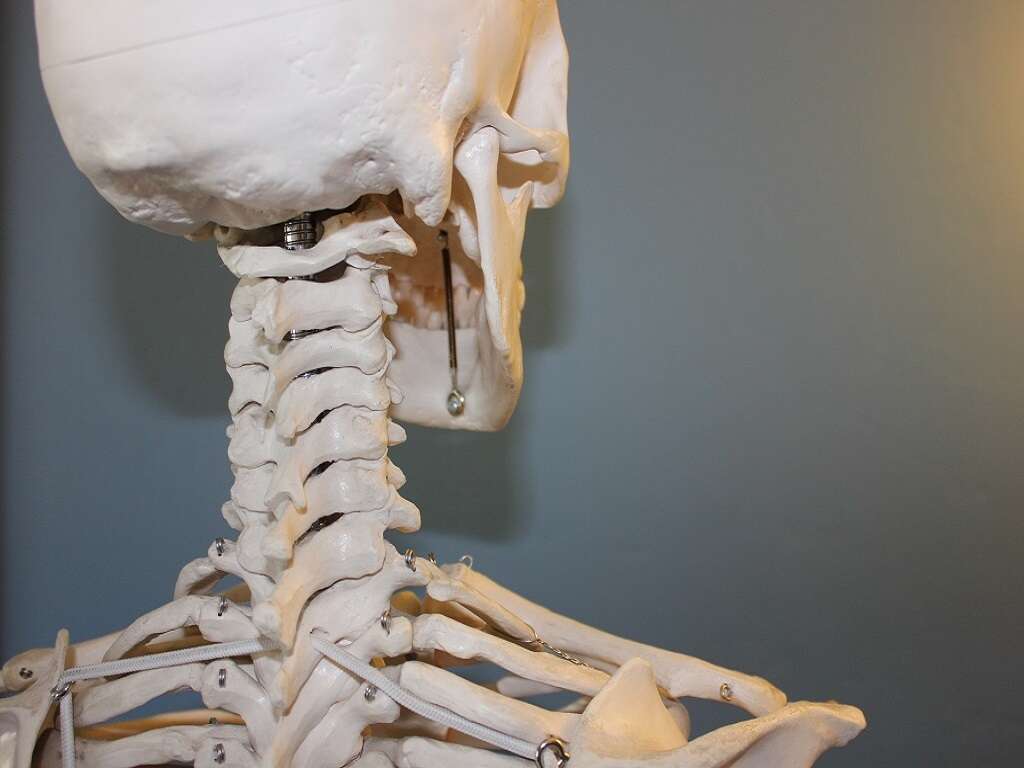10 Ataxia Symptoms
 Article Sources
Article Sources
- 1. NHS Choices, NHS, www.nhs.uk/conditions/ataxia/.
- 2. 'What Is Ataxia?' National Ataxia Foundation, 10 Sept. 2020, ataxia.org/what-is-ataxia/
- 3. 'Chapter 15: Assistive Technology for Written Communication - A-T Childrens Project.' A, www.atcp.org/about-ataxia-telangiectasia/caregiver-resources/chapter-15-assistive-technology-for-written-communication/.
- 4. Kalia, Lorraine V, et al. 'Tremor in Spinocerebellar Ataxia Type 12.' Movement Disorders Clinical Practice, John Wiley and Sons Inc., 10 Apr. 2014, www.ncbi.nlm.nih.gov/pmc/articles/PMC6183183/#:~:text=Tremors as part of a,stance tremor, and voice tremor.&text=These tremors result from cerebellar,ataxic signs of comparable severity.
- 5. 'Tremor.' Multiple Sclerosis Society UK, www.mssociety.org.uk/about-ms/signs-and-symptoms/tremor.
- 6. NHS Choices, NHS, www.nhs.uk/conditions/ataxia/treatment/.
- 7. 'Ataxia: Symptoms, Causes, Treatments.' Cleveland Clinic, my.clevelandclinic.org/health/diseases/17748-ataxia#:~:text=Episodic ataxia can develop at,vision, and nausea and vomiting.
- 8. Aaron M. McMurtray M.D.David G. Clark M.D.Mary K. Flood R.N., et al. 'Depressive and Memory Symptoms as Presenting Features of Spinocerebellar Ataxia.' The Journal of Neuropsychiatry and Clinical Neurosciences, 1 July 2006, neuro.psychiatryonline.org/doi/full/10.1176/jnp.2006.18.3.420.
- 9. Fatigue and Ataxia. NHS, publicdocuments.sth.nhs.uk/pil3716.pdf.
- 10. Stolze, H, et al. 'Typical Features of Cerebellar Ataxic Gait.' Journal of Neurology, Neurosurgery & Psychiatry, BMJ Publishing Group Ltd, 1 Sept. 2002, jnnp.bmj.com/content/73/3/310.
- 11. Tang, Sherry Y, and Aasef G Shaikh. 'Past and Present of Eye Movement Abnormalities in Ataxia-Telangiectasia.' Cerebellum (London, England), U.S. National Library of Medicine, June 2019, www.ncbi.nlm.nih.gov/pmc/articles/PMC6751135/.
4. Muscle Cramps
Not all people with ataxia experience muscle cramps and spasms, but this symptom can be painful and make movement even more difficult. Severe muscle pain, whether chronic or suddenly occurring, is a good reason to check in with a doctor.
Physiotherapy can make muscles stronger and less prone to locking up. Medication can also help, and in severe cases, Botox may be recommended to help block pain signals to the affected muscle.6NHS Choices, NHS, www.nhs.uk/conditions/ataxia/treatment/.
Advertisement











